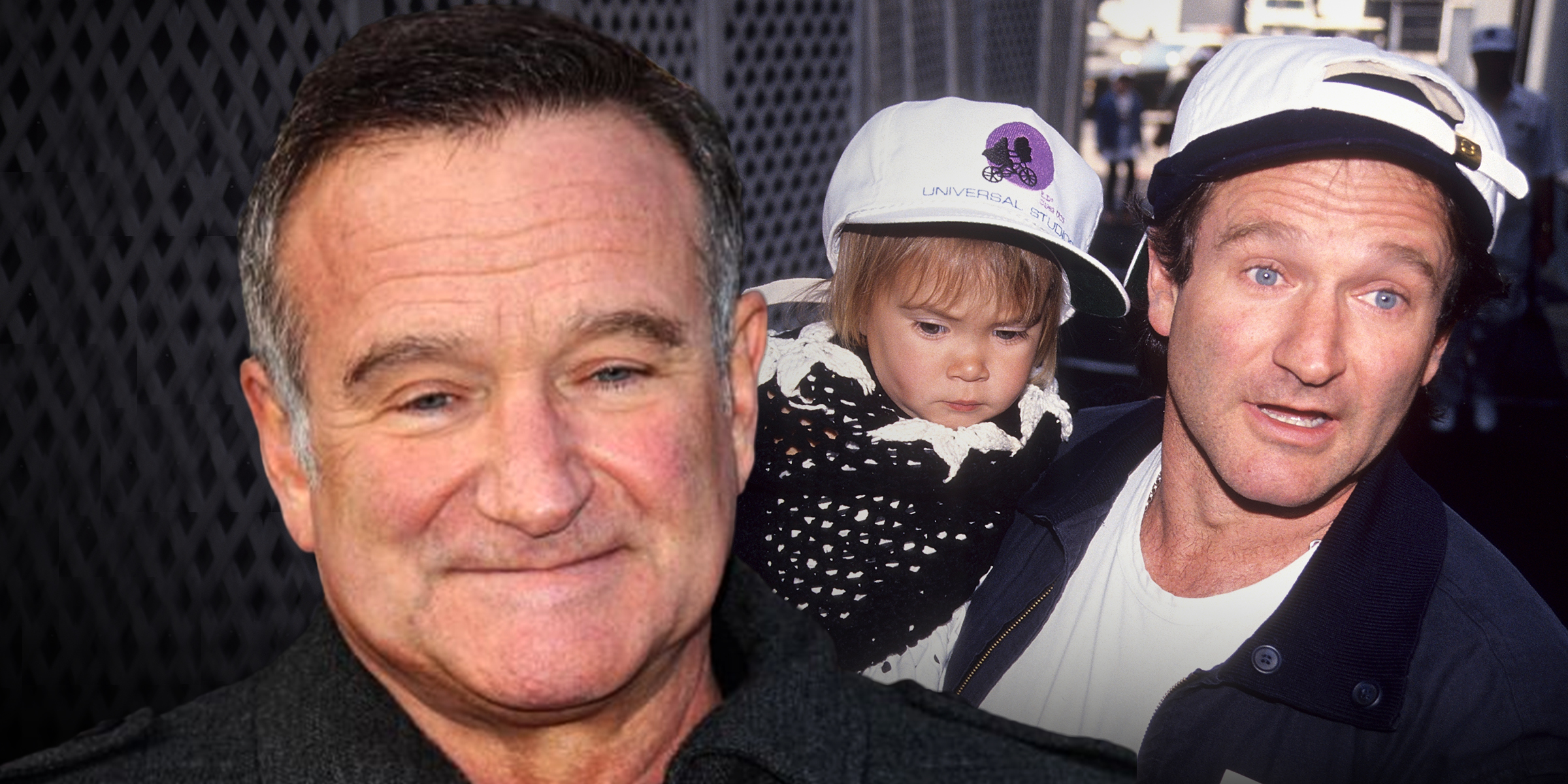
Before Tragic Death at 63, Robin Williams Restricted Exploitation of His Image until 2039 & His Kids Can’t Dispute It
- After Robin Williams' tragic death, his wife and children faced each other in court over his estate.
- One thing the late actor secured nicely before his death is the use of his image.
On August 11, 2014, the world was left shocked when it was revealed that Robin Williams had died by suicide at age 63. Sadly, the beloved actor's memory was tarnished by infighting between his loved ones.
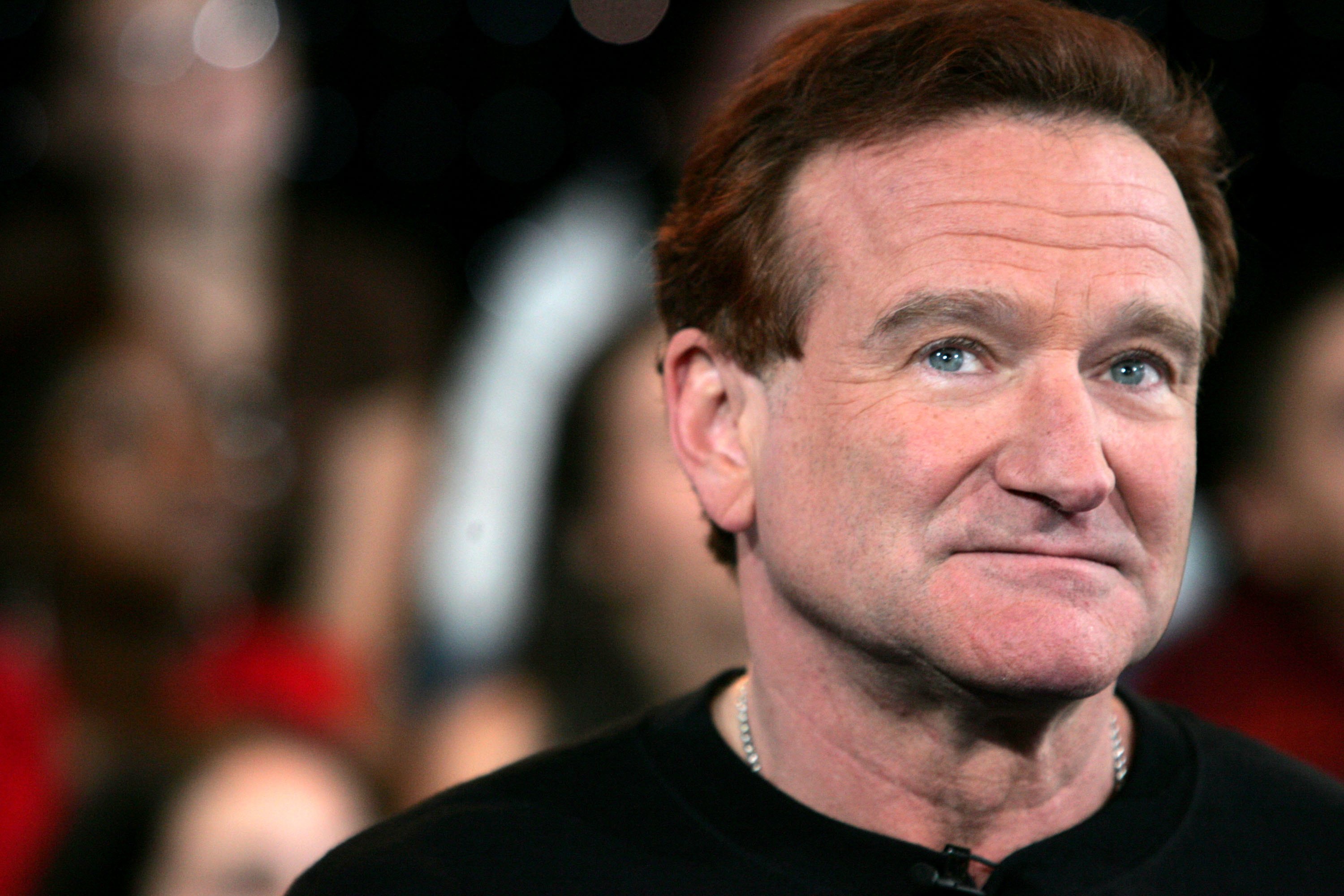
Robin Williams onstage during MTV's Total Request Live on April 27, 2006, in New York City | Source: Getty Images
In December of that same year, the late star's wife, Susan Schneider Williams, started a legal battle when she alleged that his estate wasn't paying her enough. The widow claimed the funds she got weren't enough for her to afford the maintenance of the Tiburon, California home she'd lived in with Robin before he died.

Susan Schneider and Robin Williams at The Comedy Awards on April 28, 2012, in New York City | Source: Getty Images
The late actor's other belongings, like his awards, family photos, bicycle collections, and more, were also disputed as the case developed. Through their attorney, Meredith Bushnell, Robin's children Zachary, Zelda, and Cody Williams contested their stepmother's claims.
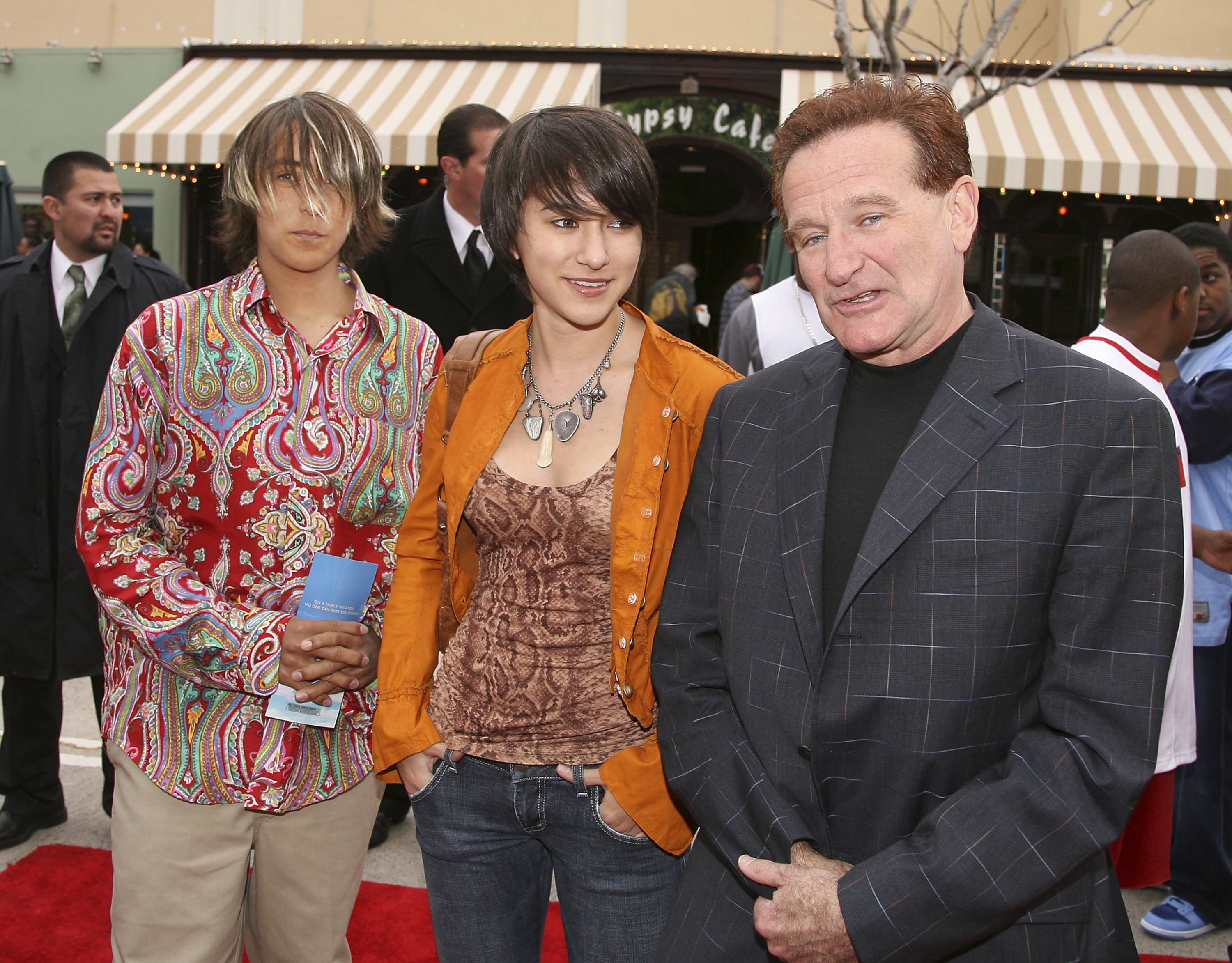
Cody, Zelda, and Robin Williams pose at the premiere of "RV" on April 23, 2006, in Los Angeles, California | Source: Getty Images
The "Mrs. Doubtfire" star's children felt Susan insulted their father's memory by trying to change how the Trust was set up. They said they were "heartbroken" by their stepmother going against their father's wishes.
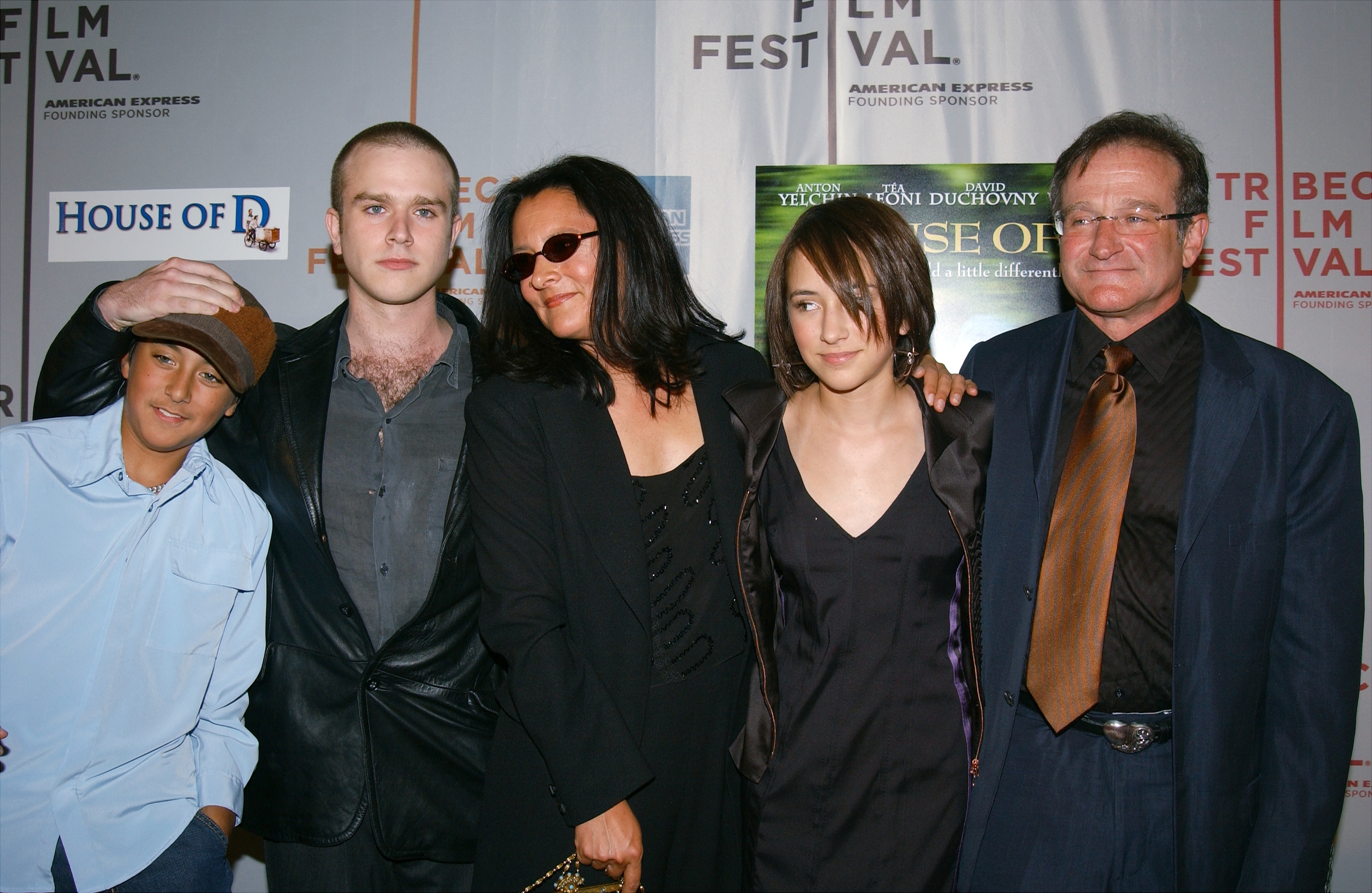
Robin Williams and his second wife Marsha and their children Cody, Zachary, and Zelda Williams at the Tribeca Film Festival screening of "House of D" on West St. on May 7, 2004 | Source: Getty Images
Ultimately, by October 2015, Susan had agreed to drop her petition, and the matter was confidentially settled out of court. Bushnell revealed that her clients' stepmother got to keep some items like her late husband's watch, some clothes, and a bike they'd allegedly bought together while on their honeymoon.
The Windfall Foundation also stood out for making itself ineligible for charitable deductions...
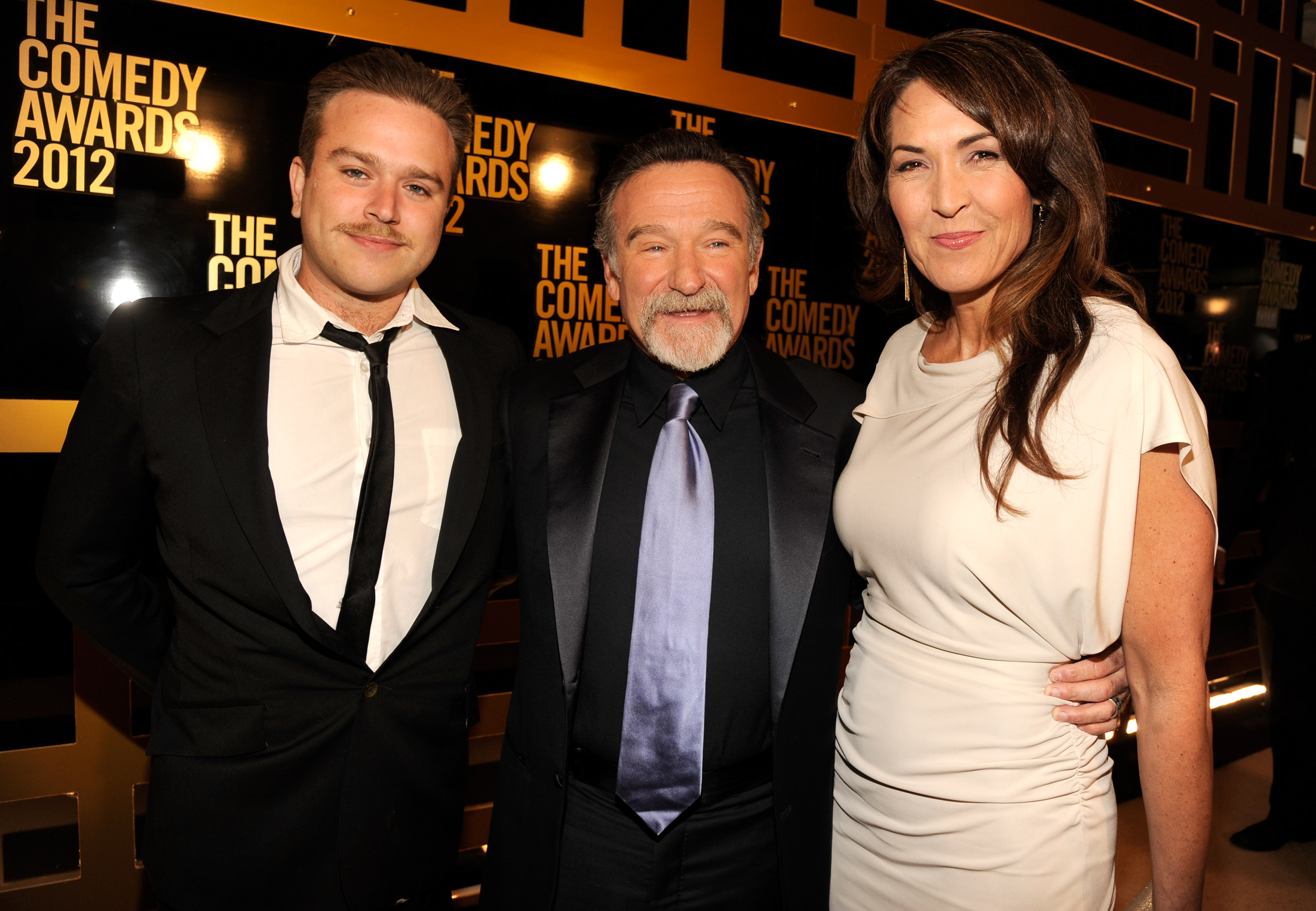
Zachary and Robin Williams and Susan Schneider at The Comedy Awards on April 28, 2012, in New York City | Source: Getty Images
Of the over $100 million estate, Susan only received a "fraction," but they allowed her lifetime residency in their home. Robin's children got the bulk of the estate and were relieved when the case was closed. One thing no one could dispute was the clause the late star placed on his image.
What Restictrion Did Robin Place before His Death?
In March 2015, it was revealed that Robin's three children and widow couldn't do anything about his "intangible property," in this instance, his right to publicity. His Trust gave the rights to his photograph, name, signature, and likeness to the charity organization the Windfall Foundation.

Susan Schneider and Robin Williams at the premiere of "Old Dogs" on November 9, 2009, in Hollywood, California | Source: Getty Images
The late "Happy Feet" star's attorneys set the organization up. One of the notable restrictions was that his image would not be exploited for the next 25 years after his passing, which means no authorized commercials featuring Robin will air until around August 11, 2039.
Even holograms or digital images of Susan's husband couldn't be used for new movies or standup routines. Attorney Laura Zwicker from Greenberg Glusker, who has worked with clients that have high net worths, helping them plan their tax and estate matters, said:
"It's interesting that Williams restricted use for 25 years. I haven't seen that before."
The lawyer shared how she'd seen people blocking the types of usage of things like Coke commercials, but nothing like what Robin did. Zwicker speculated that the late actor placed the restriction for his privacy, or perhaps his attornies tried to get ahead of technology by blocking anything that could negatively affect his legacy.
The Windfall Foundation also stood out for making itself ineligible for charitable deductions by the Internal Revenue Code. Instead, Robin's publicity rights have to be given to charitable organizations that have the same purposes like, Make-a-Wish for example -- an organization that qualifies for that kind of charitable deduction.
The National Suicide Prevention Lifeline is 1-800-273-8255. Other international suicide helplines can be found at befrienders.org.
